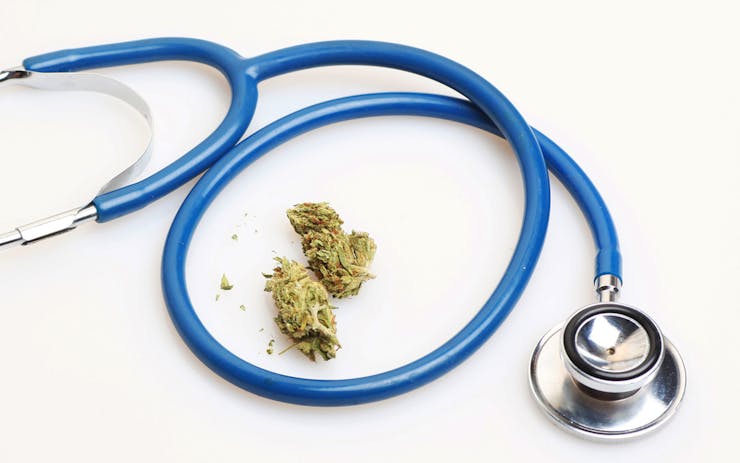In advance of the country’s legalization of adult-use cannabis, last week a coalition of Canadian health agencies released their “Lower-Risk Cannabis Use Guidelines” (LRCUG)—a series of risk-reduction tips for all who’d imbibe the soon-to-be-legal plant. Funded by the Canadian Institutes of Health Research and endorsed by the Canadian Medical Association, the guidelines kick off with the mandatory nod to abstinence: “The safest way to reduce risks is to avoid [cannabis] altogether.” But from there they proceed with the kind of lucid talk from government officials that is but a dream in less-evolved countries like the US, where the federal government still classifies cannabis a dangerous narcotic on par with heroin and refuses to say much more. If you’d like to read the full Lower-Risk Cannabis Use Guidelines, go nuts. For now, here’s a quartet of pertinent takeaways:
Keep It Casual
Warnings against too-frequent use are a perennial component of the cannabis landscape, and the LRCUG makes it official: “Frequent or intensive (e.g., daily or near-daily) cannabis use is strongly associated with higher risks of experiencing adverse health and social outcomes related to cannabis use.” Canada’s official recommendation: Restrict use to one day a week and/or only on weekends.
Smoking Is Bad (and Deep Inhalation Is the Worst)
“Regular inhalation of combusted cannabis adversely affects respiratory health outcomes,” proclaims the LRCUG. “It is generally preferable to avoid routes of administration that involve smoking.” Canada’s proposed alternatives: vaporizers, “e-cigarette devices,” and edibles, which the guidelines cite as “[maybe] the safest method of cannabis use.” (Here’s hoping this official endorsement of edibles inspires Canada to make ‘em as legally available as flower.) Earning special condemnation: deep-inhalation techniques such as dab rigs, gravity bongs, and breath-holding, as “these practices disproportionately increase the intake of toxic material into the pulmonary system.”
CBD Is Your Friend
The cannabinoid CBD is best known for its standalone medicinal properties, but in the consumer-focused LRCUG, CBD is hyped as an antidote to the harsher effects of the high-bestowing cannabinoid THC. “Higher THC potency is strongly related to increased acute and long-term problems, such as mental health problems, dependence or injuries,” reads the LRCUG. “Given the evidence of CBD’s attenuating effects on some THC-related outcomes, it is advisable to use cannabis containing high CBD:THC ratios.”
Be Patient, Kids
There’s no denying it: Cannabis is not good for brains that are still developing. While some say that cannabis use should be delayed until your post-brain-development mid-20s, the new guidelines go with a more general and generous deadline of “post-adolescence.” “Studies show that initiating cannabis at a young age—primarily before age 16—increases the risks for a variety of adverse health outcomes,” claims the LRCUG. “Therefore, deferring cannabis use at least until after adolescence is advised.”
Read the complete Lower-Risk Cannabis Use Guidelines here.





